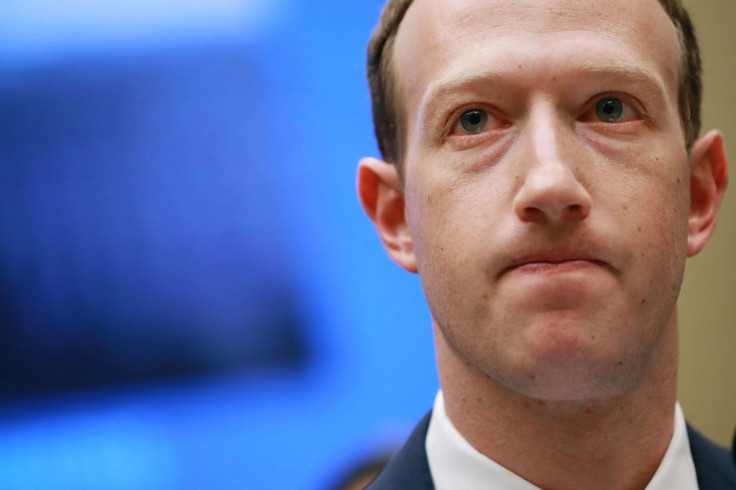Angry Facebook Shareholders Want To Oust Mark Zuckerberg For Sixth Time

For the sixth straight stockholders’ meeting, activist shareholders will try to oust Mark Zuckerberg as chairman and CEO of Facebook Inc. and strip him of his massive voting rights advantage by abolishing what they see as the firm's unfair share structure.
Two of eight stockholder proposals filed with the U.S. Securities and Exchange Commission (SEC) will seek to force governance changes on Facebook. One proposal, the “Stockholder Proposal Regarding an Independent Chair,” makes the case Zuckerberg must be removed as chairman of the board. It proposes an independent executive take his place.
Another proposal calls for the introduction of "fair and appropriate mechanisms through which disproportionate rights of Class B shareholders could be eliminated.”
These disgruntled investors control around $3 billion worth of Facebook stock. Facebook’s stockholders’ meeting takes place May 30.
This sixth attempt is expected to fail as Zuckerberg still holds more than 75 percent of class B shares. This means Zuckerberg has more than half of the voting power at Facebook. Under Facebook’s dual-class share structure, Class B shares have 10 times the voting power of class A shares.
A similar proposal in 2017 was popular among independent investors but was defeated by Zuckerberg, who realistically couldn’t be expected to vote against himself.
The unequal voting power enjoyed by Zuckerberg is the reason why activist shareholders want to abolish the existing share structure.
The anti-Zuckerberg investors said "Fake news, election interference, and threats to our democracy -- shareholders need more than deny, deflect, and delay. We urge shareholders to vote FOR a recapitalization plan for all outstanding stock to have one vote per share."
As can be expected, Zuckerberg called on investors to vote down the proposals that will strip him of his power.
"We believe our board of directors is functioning effectively under its current structure, and that the current structure provides appropriate oversight protections," said Zuckerberg through Facebook.
"We do not believe that requiring the Chair to be independent will provide appreciably better direction and performance, and instead could cause inefficiency in board and management function and relations."
Facebook also said it believes its capital structure is in the best interests of company stockholders and that Facebook’s current corporate governance structure is sound and effective.
© Copyright IBTimes 2024. All rights reserved.





















